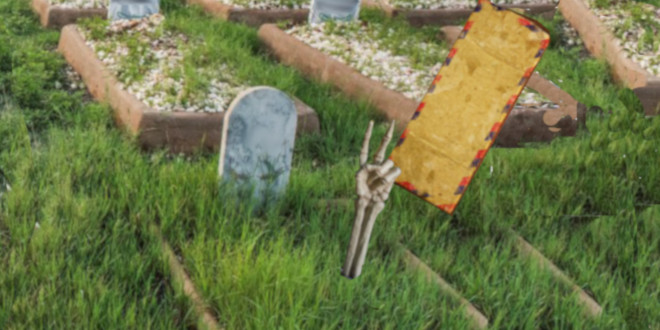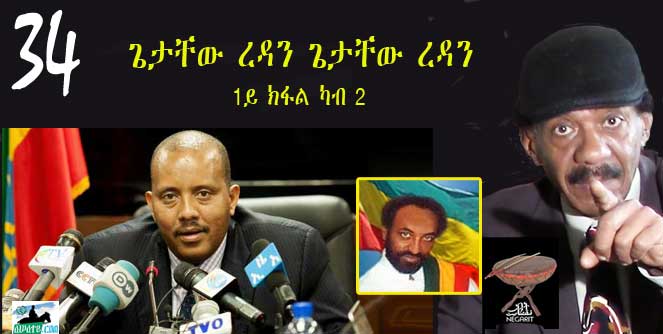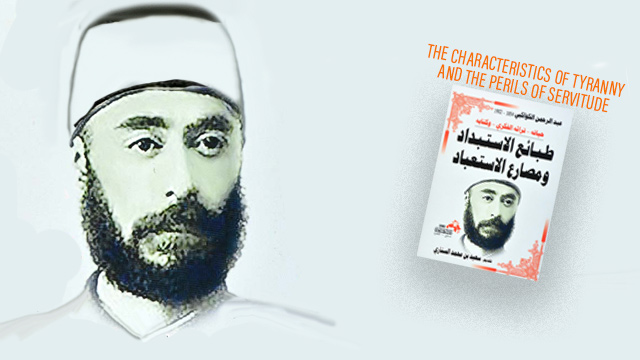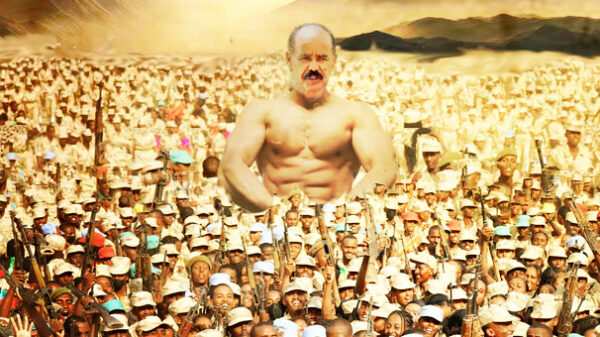A Letter from a Martyr!

I am an “Asmarino”, born and raised in Asmara. My father was a senior government bureaucrat. We lived in the affluent neighbourhood of “Tiravolo”. I was enrolled in a private Italian school, “Botego”. My father wanted me to be “ingegnere”. He promised me that as soon as I finish my high school, he would send me to Italy to complete my studies. My class mates were mostly Italian, I become very fluent in the Italian language and well versed in Italian culture. My life was happy, everything around me seemed to be perfect. I was eagerly waiting for the day I would go to Italy to become ingegnere. I had no doubt in my mind that this will happen, I believed my father had the means and the connections to make it a reality.
From “Tiravolo” to “Idaga Hamos”
On occasional Sundays my father used to go to the Italian “Bar Danadai”, on Leonardo da Vinci Avenue, to play bowling and sip his favorite Italian cappuccino. On a fateful Sunday, he left home to go to “Bar Danadai” and never came back. We frantically searched for him everywhere until we found him languishing in the “Karsheli” prison in Asmara. After one year of imprisonment, he was set free with other prisoners on the occasion of the birthday anniversary of “Janhoi”, King Haile Selassie. My father came back home, but he wasn’t the same person we knew. He was strong in spirit, but physically severely weakened. He had back pains, he limped when he walked and had scars of torture on his body. He was suspected of harbouring antigovernment views. He tried to go back to his work, but he found his position was taken by an Amharic speaking official from Addis Ababa.
Living in “Tiravolo” and going to private Italian school became beyond our means. We moved to the “Idaga Hamus” neighbourhood and I was enrolled in the nearest public school, “Benevolent School”, commonly known as “Islamia”. The transition to new neighbourhood, new school and change in life style was painful. But with time, not only was I fully adjusted to our new poorer life, but I started to prefer it over my life in “Tiravolo”. ”Idaga Hamos” opened my eyes, it connected me with the realities in the ground. Here I started feeling the pulse of my people and seeing firsthand the ugly face of occupation. In “Idaga Hamos”, I saw, in the live stock market, the public hanging of many young innocent Eritreans. In school and neighbourhood, stories of imprisonment, torture, disappearance were stories I heard commonly. I witnessed the sudden disappearance of some of my teachers, I saw hundreds of displaced beggars who run to Asmara, after their villages were destroyed and their livelihood were shattered by the “commandos” and “Tor Serawit”.
From “ingegnere” to “tegadelai”
As my awareness of the suffering of my people increased, my sense of duty and responsibility towards my people was weighing heavily on my conscience. In the alleys of “Idaga Hamos” and the school backyard, I chatted with my friends regularly about the atrocities of the occupation and what we should do to stop it. We spoke about “Jebha”, some friends suggested taking arms by joining “Jebha”. I was becoming restless, I wanted to do something to end the suffering of my people. On the summer school break, I made up my mind and with a group of friends I sneaked out of Asmara and joined the struggle, I officially became “tegadelai”!
Life as a “tegadelai” was tough and dangerous. We slept on bare grounds, we traveled at night on foot for long distances, food and water was scarce and we regularly encountered wild animals. But despite all the hardships, the sense of camaraderie and common purpose was deeply comforting. We were all young, we deeply cared for each other, we were all selfless, ready to make the ultimate sacrifice for the sake of our country and we had no objective other than the full emancipation of our people. The songs of “Wedi Gebru” resonated with us:
Let my eyes flow,
Let my jaw be crushed
I shall die for my country
Country isn’t a trivial matter![i]
Certainly, not everything in the front was good. I personally, didn’t like the Marxist-Leninist ideology indoctrination we were subjected to. I felt our struggle wasn’t ideological nor class struggle. Our struggle was for freedom and justice. Introducing ideological element to our struggle will only create more social tension and diversion. I also didn’t like the factional and partisan politics. Calling other “tegadelti” in other groups as “reactionaries” was wrong. I saw them as partners in the struggle, not foes to be eliminated. However, I saw these as pains of growing that shouldn’t overshadow the greater noble objectives of the struggles.
Our struggles was gaining momentum, our enemy was in retreat and our imminent victory was in reach. We had captured hundredth of enemy soldiers. The first time I saw captured enemy soldiers, I was full of rage and desire to take revenge, but after seeing their frightened faces, their relatively young age and listening to their stories, my rage and vengeance turned to sympathy and compassion. Many of these soldiers were forced to join the army and many didn’t know why and who they were fighting. They were told that they were fighting few “wenbedewach” bandits who wanted to destroy the country. I came to realize that these soldiers, similar to us, were victims. They weren’t the enemy, the real enemy were those rich and powerful elites who were occupying our country and driving these young soldiers to their demise.
From “tegadalai” to martyr
To counter our advance, the enemy was preparing a major offensive. We spent weeks in planning and preparation, I was assigned a major task. The enemy unleashed an aerial and ground bombardment that turned the ground to hell. We held our ground, we frustrated the enemy’s attempts to advance and we finally managed to break through his ranks. As we were advancing, I was fatally injured with a bomb and fell to the ground motion less. I was placed under the shade of a tree, my comrades were trying to comfort me, but it was clear to me that my days were numbered, I was to become a martyr!
Dreams and worries of a martyr
As I was struggling with my pain and injury, my mind was swamped with all kinds of thoughts. In one way I felt sad that I will not witness independence “nazenet” and fulfil the dreams of my parents of becoming “ingegnere”, but on the other hand, I felt a sense of accomplishment for making the ultimate sacrifice for the sake of my country and people.
I started envisioning life after independence. I envisioned independent Eritrea where “Karsheli”, “sembel” and other notorious prisons will be closed once and for ever and no one would ever go to jail for expressing their political opinions. I envisioned independent Eritrea where no mother will spend sleepless nights because of her children’s disappearance. I envisioned an Eritrea of rule of law and due process; an Eritrea of equal opportunity, dignity and integrity.
As I was engaged in my visions of independent Eritrea, a frightening set of questions crossed my mind.
Could it be possible that my visions never take place?
Could the fruits of our struggle be stolen from our people?
Could the “liberators” turn into new “tormentors”?
Could the jailers change but jails remain as is?
Could Eritrea turn into another Zimbabwe or Mozambique, a country of one man and one faction?
These questions rattled me, but I quickly dismissed them. I said, my people have sacrificed so much, and they will not let anyone steal the fruits of their struggles from them.
I felt my injuries weighing heavily on my body, I saw tears in the eyes of my comrades, who saw, as I saw, the slowly creeping death. In these final moments, I was thinking of my legacy and how I and other martyrs of the struggle will be remembered. I was sure that a day will be designated as “martyrs day’, celebrations will be held every year, speeches will be made about our heroic sacrifices and flowers will be laid on martyrs’ monument. To me, these has become rituals followed by every nation; I cared less about them and they are in my view sentimental in nature. I felt the best way to remember and honour our sacrifice is to turn Eritrea into a tower of freedom, justice, human rights, peace and social cohesion. Anything less than that will be a betrayal of our sacrifice.
Farewell:
Fellow Eritreans, I gave up my dream of becoming an “ingegnere”, I endured so much pain and I made the ultimate sacrifice so that you don’t experience what my generation experienced under occupation. I and my comrades made the ultimate sacrifice so that you will live in your country with dignity, freedom, respect and with no fear. We did our part of ending the occupation, now is your turn to reap the fruits and ensure it remains within your reach.
May Eritrea be a model nation and a pride for all generations to come!
[i] Ae’ntae yefsesa,
yeseber mu’ghurtai,
kimotela aleni,
waza aekonen hager!




Awate Forum